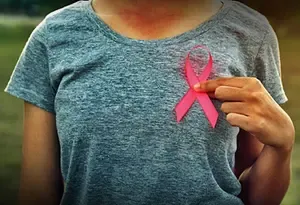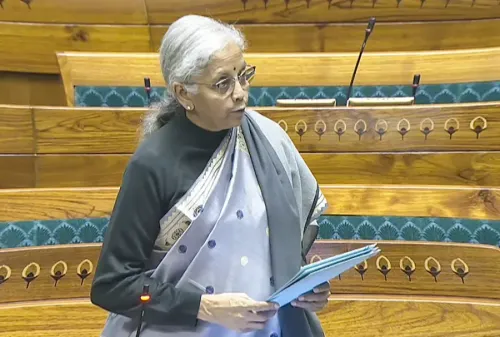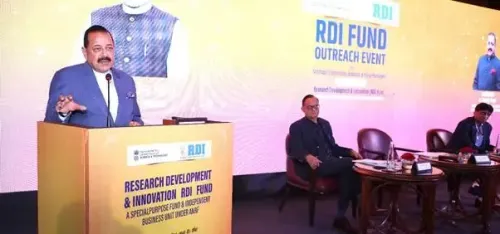Breakthrough in Nanotechnology May Enhance Treatment for Aggressive Breast Cancer: Study

Synopsis
Key Takeaways
- Development of next-generation nanoparticles for TNBC.
- Iron-based nano-adjuvants to enhance immune response.
- Targeting the tumor microenvironment to boost T-cells.
- 3 million AUD funding for the five-year research project.
- Potential applications for other difficult-to-treat cancers.
Sydney, March 24 (NationPress) Researchers from Australia are innovating next-generation nanoparticles to enhance existing therapies for triple-negative breast cancer (TNBC), regarded as one of the most aggressive and lethal types of cancer.
The team is developing cutting-edge iron-based nanoparticles, referred to as "nano-adjuvants," which are minuscule enough to fit thousands on a single hair strand. These particles aim to amplify the body’s immune response against TNBC, as reported by the University of Queensland’s Australian Institute for Bioengineering and Nanotechnology (AIBN).
Unlike other breast cancer variants, TNBC does not possess the proteins that some conventional treatments target, presenting a significant challenge for effective therapies, according to Prof. Yu Chengzhong of the AIBN.
Prof. Yu stated, "Despite the potential of immunotherapy, its efficacy against triple-negative breast cancer is severely limited, leaving many women with few options – this is where our research aims to make a difference."
The nanoparticles are engineered to boost T-cell activity, which are the white blood cells that the immune system utilizes to combat diseases, within the tumor microenvironment. This enhancement improves the immune system's capability to identify and attack cancer cells, as noted by Yu.
Backed by a 3 million Australian dollar ($1.89 million) grant from the National Health and Medical Research Council, this five-year research initiative seeks to address a critical gap in treatment and may lead to clinical applications for not only TNBC but also for other challenging cancers like ovarian cancer.
With more than two decades of expertise in nanotechnology and nanomedicine, Prof. Yu aspires for this breakthrough to revolutionize cancer treatment, making immunotherapy more effective for those suffering from aggressive solid tumors.
According to AIBN Director Alan Rowan, "This research will expand the frontiers of science to discover innovative treatments that will alter our approach to fighting this cancer, providing hope for women facing dire outcomes."










